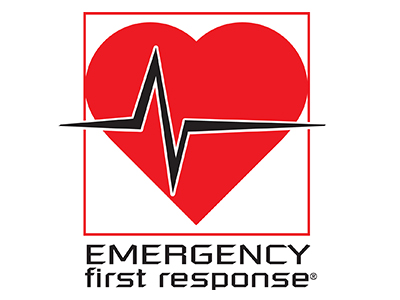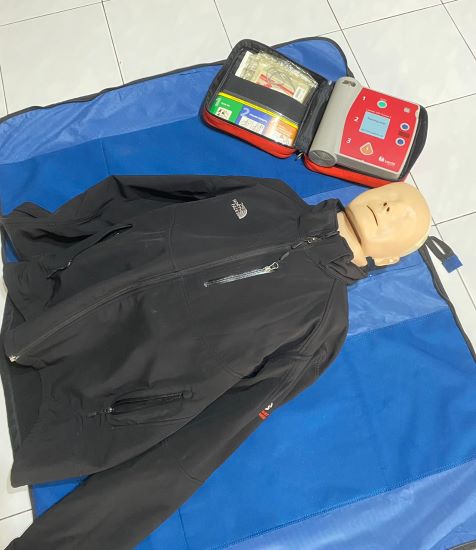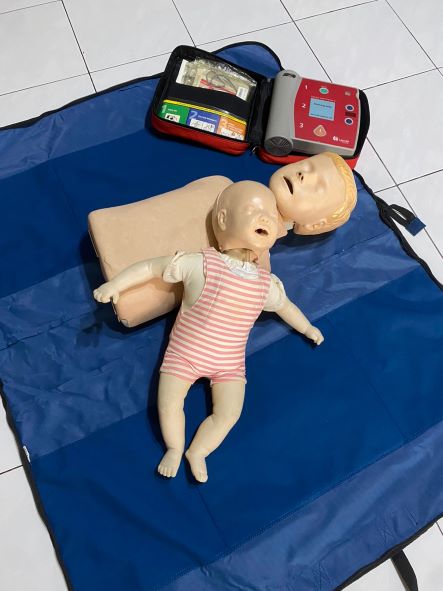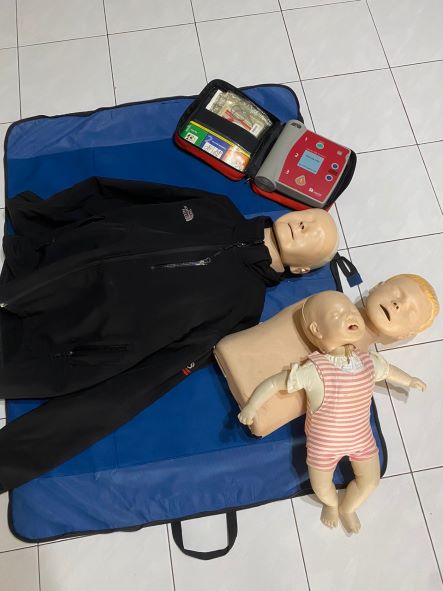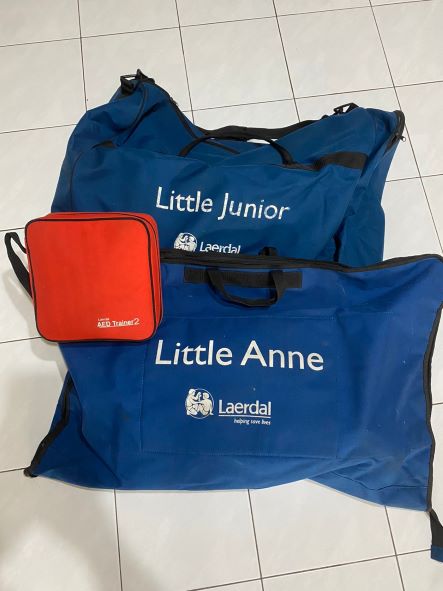Emergency First Response (EFR) Courses
The Emergency First Response (EFR) Primary Care (CPR), Secondary Care (First Aid), and Care for Children courses teaches people to provide emergency care for someone in need when trained medical professional are unavailable or delayed. The EFR programs listed below allow for easy learning in a non-stressful environment in which participants can practice and apply emergency care skills in role-played scenarios.
What Guidelines does Emergency First Response Follow?
Emergency First Response courses are internationally recognized which follows emergency considerations and medical guidelines for emergency care. The guidelines were produced through a consensus process of practicing professionals in the emergency medical field by the members of the International Liaison Committee on Resuscitation (ILCOR). Members include American Heart Association (AHA), European Resuscitation Council (ERC), Australian Resuscitation Council (ARC), New Zealand Resuscitation Council (NZRC), Heart and Stroke Foundation of Canada (HSFC), Resuscitation Council of Southern Africa (RCSA), Inter American Heart Foundation (IAHF), Resuscitation Council of Asia (RCA – current members include Japan, Korea, Singapore, Taiwan).
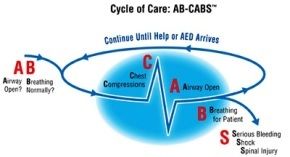
Which EFR Courses do we offer?
EFR Primary & Secondary Care Course
This Emergency First Response Primary and Secondary course focuses on primary emergency care (CPR) for life threatening situations and secondary care (First Aid) patient assessment for adults. Anyone in any line of work may take this program.
Emergency First Response Care for Children Course
This EFR Care for Children course focuses on CPR and First Aid for Children and Infants aged from one years old to approximately 12 years. This is great for parents, schoolteachers and people that work closely with children.
EFR Combo Course
This EFR course is a combination of the Primary and Secondary Care for Adults, Children and Infants.
EFR Refresher
The EFR Refresher is for people that has been certified for more than 24 months and is need of retraining.
